While many of us have been told that drinking milk will make our bone strong, this is far from the whole story. There are plenty of sources of calcium available, and different types of people need different amounts of calcium. Becoming deficient in calcium can be incredibly dangerous for your health.
How Much Calcium Do I Need?
The Food and Nutrition Board of the National Institutes of Health recommends that all people ages 19-50 get 1,000mg of calcium per day. Those recommendations change slightly when you are older – women over 51 need 1,200 mg, as do men over the age of 71. If you have certain heart conditions, your doctor may recommend more calcium.
What Are the Dangers of Not Getting Enough Calcium?
If your body is chronically low in calcium because you aren’t getting enough calcium in your diet, your bones may be broken down in order to add more calcium to your blood. This happens because, according to Medical News, a calcium-deficient diet makes your body release a hormone called PTH. This hormone signals the body to break down your bones for calcium. This is why those who are deficient in calcium and stay that way for a long time are more likely to develop osteoporosis.
Calcium Deficiency Symptoms
If you’ve only recently learned of the dangers of a calcium deficiency, you might be concerned that you have one. Below, we have outlined eight calcium deficiency symptoms:
1.) Cavities
While eating too much sugar can cause cavities, so can insufficient calcium. This is because the body breaks down bones as well as teeth in order to replenish the blood’s calcium supply if needed.
2.) Seizures
Getting enough calcium makes sure that neurotransmitters are functioning properly and that your muscles can contract as they should. If you develop seizures despite being generally healthy, this can be a sign of calcium deficiency.
3.) Slouching
We all know chronic poor posture can cause neck and back pain, but weakened bones from calcium depletion can also make you more likely to slouch.
4.) Leg Cramps
According to Women’s Health, the same nerve-ending spasms can result in leg cramps.
5.) Nail Peeling
Because nails are also partially made of calcium, your body may also break down nails if your diet is too low in calcium.
6.) Memory Loss
We all forget things sometimes, but memory loss and even hallucinations may also be caused by a calcium deficiency.
7.) Trouble Sleeping
The hormone melatonin helps you sleep, and calcium is important for melatonin production. Additionally, calcium levels in the blood rise when you sleep, so if you have trouble staying asleep or sleeping deeply, you might be calcium deficient.
8.) Numbness & Tingling
If you don’t have enough calcium, your nerve endings may spasm, which can cause a sense of numbness or tingling in your feet and hands.
If you think that you could possibly be deficient in calcium, be sure to talk to your doctor. Your doctor can help you develop a plan for getting enough calcium and can also help make sure your symptoms are not caused by other health problems.
Please SHARE these symptoms of calcium deficiency with your friends!

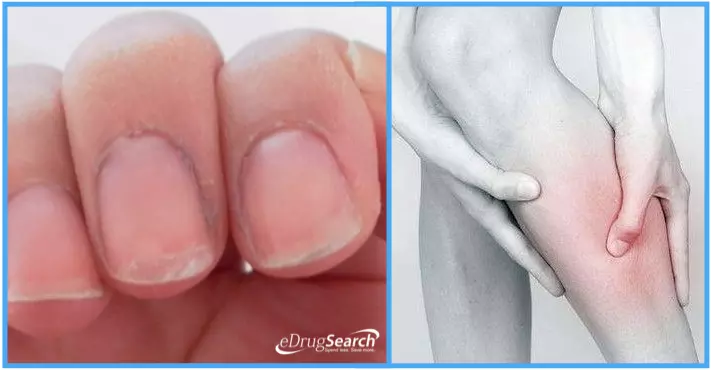








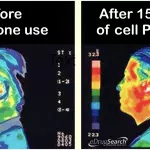
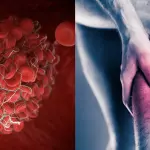
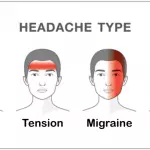
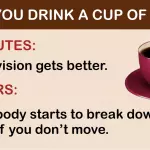

 Boil a Banana Before Bed and Drink the Liquid for a Powerful Home Remedy
Boil a Banana Before Bed and Drink the Liquid for a Powerful Home Remedy
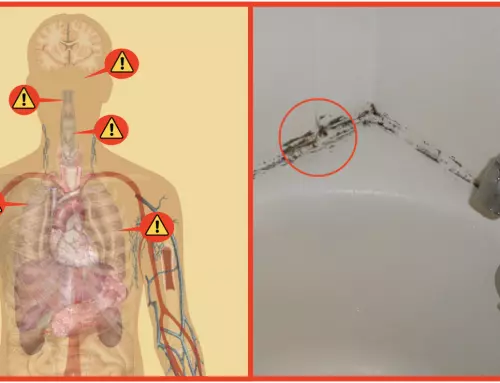












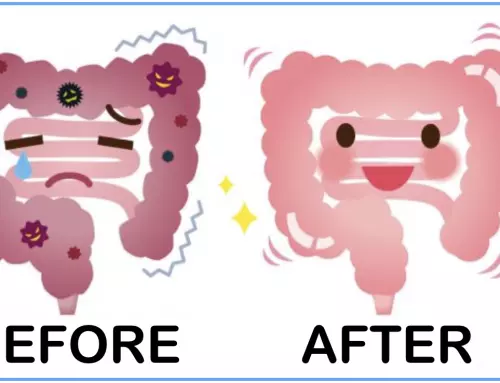










Leave a Reply
Be the First to Comment!